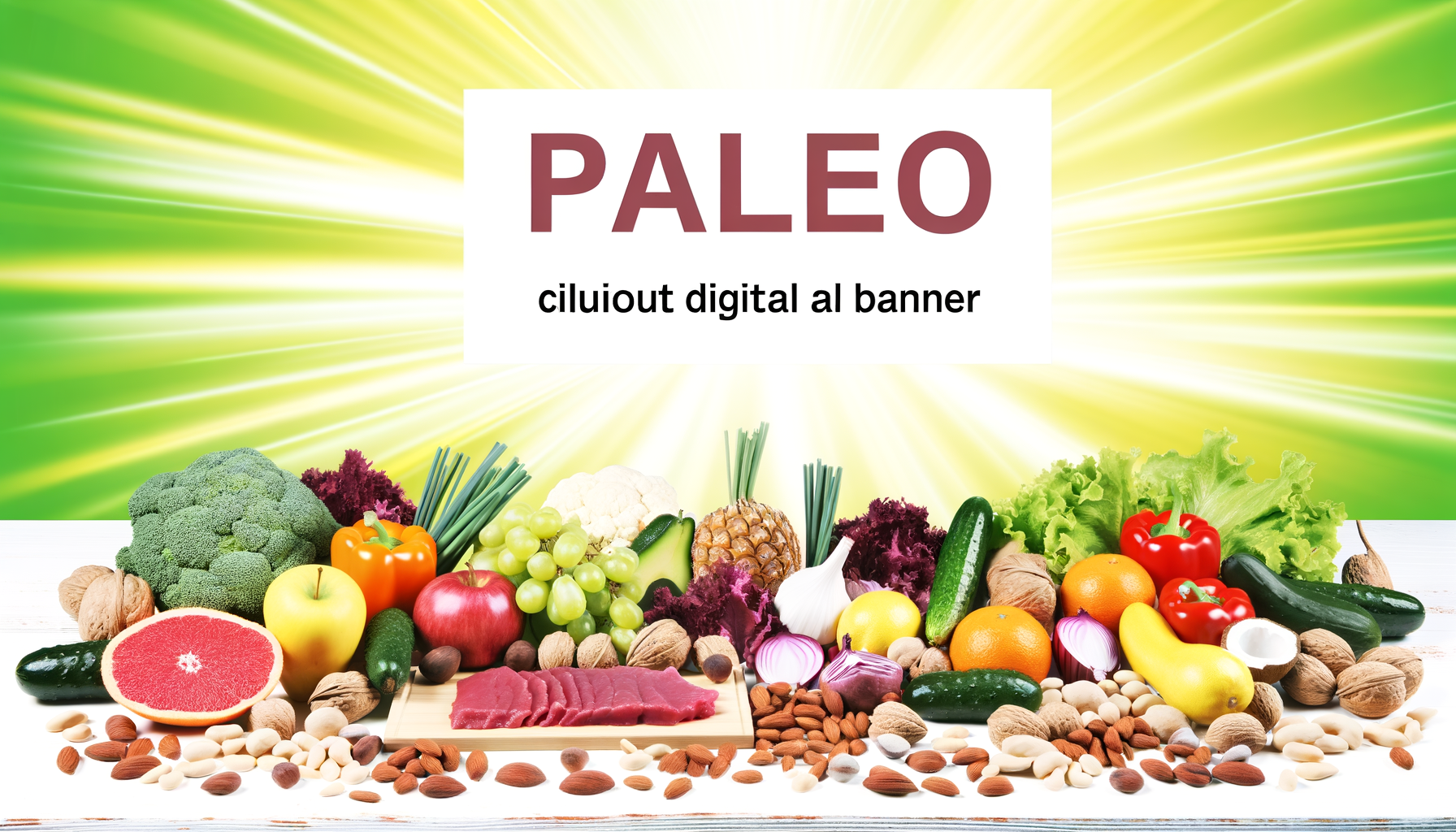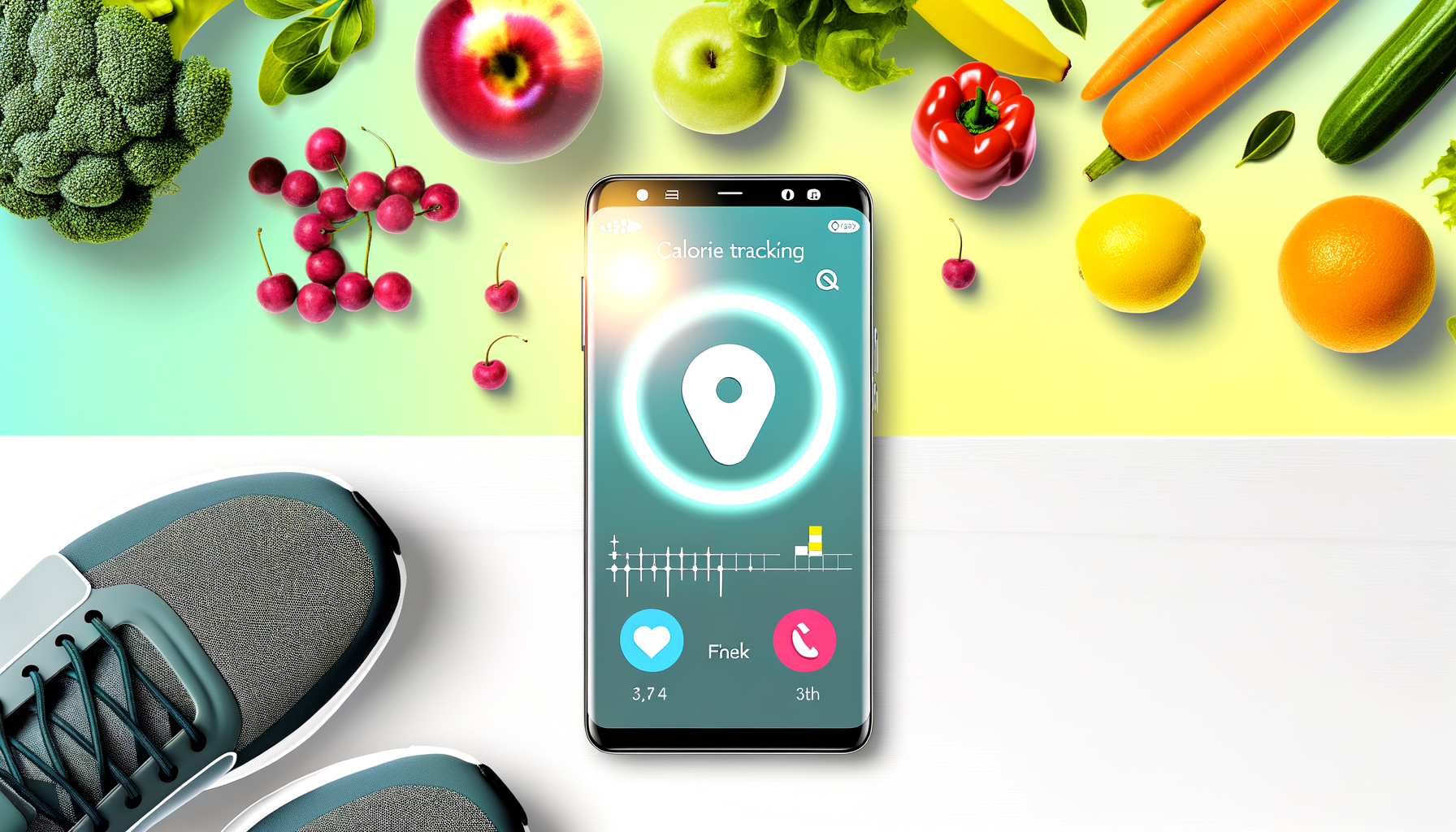Create a Weight Loss Challenge Around Your Calorie Calculator
Creating an engaging weight loss challenge around a calorie calculator is an innovative way to foster community building, enhance customer engagement, and promote healthy lifestyle choices. By integrating elements of gamification, online marketing, and group training, you can turn a simple calorie calculator into a dynamic platform that motivates individuals to reach their fitness goals.
Designing the Challenge
When designing a weight loss challenge, it's crucial to make it both engaging and achievable. Here are some key elements to consider:
Personalization with Calorie Calculators
A calorie calculator like the WP Calorie Calculator is essential for helping participants understand their specific caloric needs. These tools can provide personalized calorie targets based on age, sex, height, current weight, and activity level, ensuring that each participant has a realistic plan for weight loss or maintenance.
For instance, using a calorie deficit calculator can guide participants on how much of a deficit they need to achieve their weight loss goals safely. This can prevent over-restriction, which might lead to health issues such as decreased metabolism or nutrient deficiencies.
Integrating Gamification
Gamification involves using game-like elements to make the weight loss journey enjoyable and competitive. This can include setting milestones, awarding badges for reaching daily calorie goals, or creating leaderboards to compare progress. Platforms like Athlean-X provide calorie tracking tools that can be adapted into a gamified format.
Building Community Engagement
A strong community is vital for a successful weight loss challenge. Participants can share their experiences, offer support, and learn from each other through online forums or social media groups. For example, Everyday Health offers resources that can be shared within these communities to enhance engagement.
Organizing Fitness Events
Incorporating fitness events can enhance the challenge by providing hands-on experiences and motivation. Events might include group training sessions, webinars on nutrition, or personalized nutrition planning workshops.
Implementing Online Marketing Strategies
To spread awareness about your weight loss challenge and attract more participants, you'll need effective online marketing strategies:
Utilizing Social Media
Social media platforms are perfect for promoting your challenge, sharing success stories, and engaging with potential participants. Use hashtags to connect with people interested in fitness and weight loss. Platforms like Instagram and Facebook can also host live sessions or Q&A sessions with fitness experts, enhancing community interaction.
Collaborating with Influencers
Influencer partnerships can boost visibility and credibility for your challenge. Partner with fitness influencers who can share their own experiences with calorie calculators and weight loss challenges, reaching a broader audience.
SEO Optimization
Ensure that your challenge website is SEO-optimized to improve visibility in search results. Use relevant keywords like "weight loss challenge," "calorie calculator," and "fitness community" to attract organic traffic. Tools like Google Analytics can help monitor traffic and engagement metrics.
Email Marketing
Create an email list to send regular updates, tips, and reminders about the challenge. Email marketing platforms like Mailchimp allow you to design and automate your communications effectively.
Monetization Strategies
Creating a sustainable model for your weight loss challenge requires thoughtful monetization strategies:
Offering Premium Content
Provide premium content or features for participants who want additional support. This could include personalized coaching, exclusive meal plans, or access to advanced fitness tools like the WP Calorie Calculator Pro. Platforms like Precision Nutrition offer high-level coaching services that can be integrated into your challenge.
Affiliate Marketing
Partner with fitness-related businesses to offer products or services relevant to your challenge participants. For example, affiliate programs with fitness gear brands or nutrition supplement companies can provide additional revenue streams.
Sponsored Content
Collaborate with brands to create sponsored content that aligns with your challenge's values and goals. This could include promoting healthy food options, fitness gear, or wellness services.
Case Studies and Real-World Examples
Looking at successful real-world examples can provide valuable insights into designing a weight loss challenge:
Successful Challenges
Challenges like Weight Watchers' group training sessions have shown the effectiveness of community-based weight loss efforts. Similarly, platforms like FatCalc offer personalized calorie calculators that can be integrated into community challenges, enhancing participant engagement.
Engagement Strategies
Engaging stories of transformation can motivate participants. For instance, sharing before-and-after photos or testimonials in a blog post on your challenge website can inspire others to join.
Conclusion and Next Steps
Creating a weight loss challenge around a calorie calculator involves a strategic combination of personalization, gamification, community building, and marketing efforts. By incorporating these elements and providing supportive resources, you can create a meaningful and engaging experience for participants. If you're interested in incorporating these strategies into your own platform, consider integrating tools like the WP Calorie Calculator to enhance participant engagement and outcomes.
To get started, explore WP Calorie Calculator Plans for a comprehensive solution that can support your weight loss challenge. Additionally, visiting resources like Precision Nutrition and Everyday Health can provide further insights and tools to optimize your challenge.











